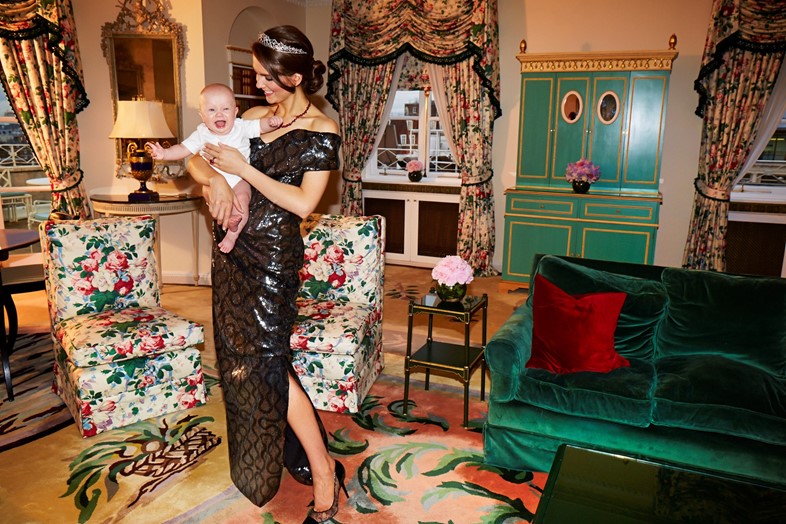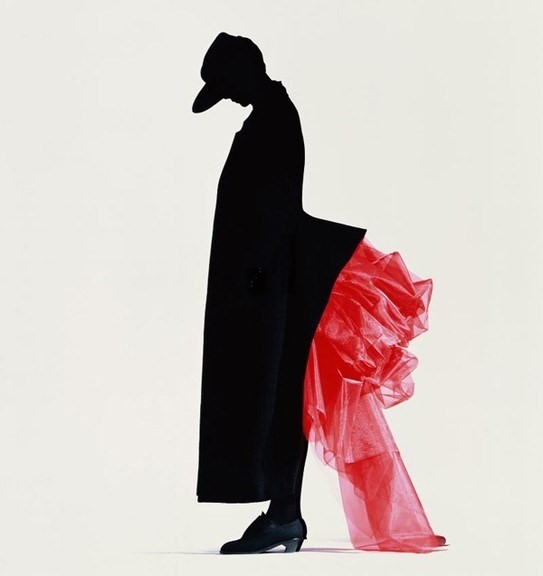Donatien Grau discusses humour, history and Roland Barthes with one of fashion's greatest critics
In recent years, Alexander Fury has made a reputation for himself as one of the best fashion critics around, his encyclopaedic knowledge of referencing paired with a sharp wit ensuring that everything from his show reviews to his fashion features are simultaneously informed and informative. Having served as the editor of Love magazine from 2012-2013, and the fashion director of Nick Knight's SHOWstudio from 2008 to 2012, he is now working as the fashion editor of The Independent and, as of January 1st, 2016, the Men’s Critic of American Vogue.com. His experience at each have only compounded Fury's ability to deconstruct the nuances of fashion, a skill which has established him as a member of a rareified breed: a journalist who can expose the intricacies of an industry that's so easily alienating and abstracted from its audience. Here, we speak to Fury about the world he inhabits, accompanied by the image that inspires him (Yohji Yamamoto by Nick Knight, above) and five pieces of his own work.
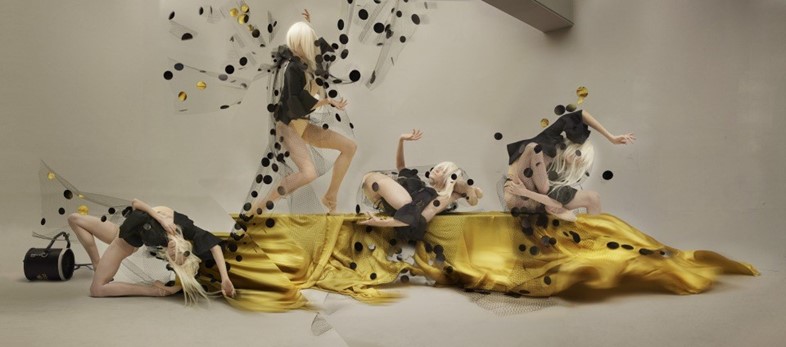
How would you connect fashion to elegance?
Do they have to connect? I think elegance can intersect with fashion, but it is not necessary. Chanel said that “elegance is refusal”, and that is certainly a section of fashion. Your Célines, your Narciso Rodriguez. The stripped back stuff. But equally, you could not connect elegance with the ugliness and the vulgarity that is an essential and fascinating part of the fashion conversation. The fun stuff. Fun isn't elegant. Elegance has a connection to a specific area of fashion, which is in fact quite limited; it is neither good nor bad. It is just there.
What is the role of history and art history in your conception of fashion?
I don’t think you can relate to the present if you have no knowledge of the past. Well, you can. But you shouldn't. An enormous problem with fashion journalism and fashion generally is either that people don’t know the past, or they think that other people don’t know the past. They think they can do what other people have done: that they can repeat them, and no one will notice. It is a big problem with fashion today.
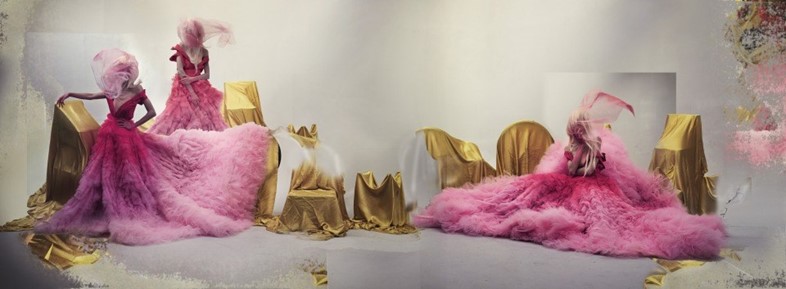
Would you describe fashion as a language and a discourse, as Barthes did?
Fashion is a language: sometimes, it says too much. It's frequently like being in a crowd and hearing too many people talking at once. Sometimes, I think that high fashion is a dialect, but clothing, overall, is the language. I think of it in the same way as, when you were at the court of Versailles, words were pronounced in a certain way, only perceived by the other courtiers. High fashion speaks with its own dialect, which is very difficult for people outside of it to understand.
The word "intellectual" was coined in a time of great political distress. Does fashion have a political role? And in which way?
There is a sense of body politics, of sexual politics. In terms of connecting to a broader political scene, I don’t think it has a role as much as it used to in the past. Then it was possible to politically agitate people through fashion – Les Incroyables are the perfect example. Now, much less so. It's more superficial.
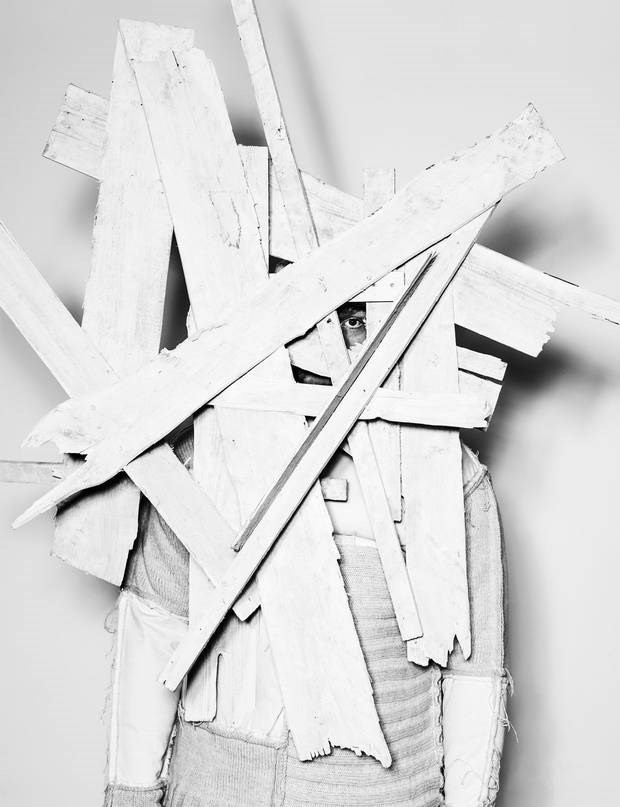
How would you relate the concept of "fashion" to the one of "style"?
A clichéd answer, but a true one, is to say that fashion is about the moment, and has a duty to be a testament to its time, whereas style is something that has longevity outside of fashion. You can talk about a designer’s style across the years, while you will talk of the fashion of the season. It's purely a question of sell by date.
What does fashion have to do with intellectuality?
Fashion has an uncomfortable relationship with intellectuality and intellectuals. There are people who over-analyse fashion – I am probably one of those people. There are people that think fashion is nonsense. The truth is, in reality, it's half-way between: there is fashion that’s absolute nonsense, fashion that means nothing; and there is fashion that means a lot. Sometimes it is about intention, sometimes not. Sometimes you can read additional meanings that were never there: it is up to every individual wearer or observer to define his or her relation to it. Sometimes, I am sat at a fashion show and I surprise myself at overthinking it. Sometimes I feel that there are layers and nuances of a designer’s work that I am not aware of. It all depends on the person, eventually. The person paying attention, and the person designing the clothes.
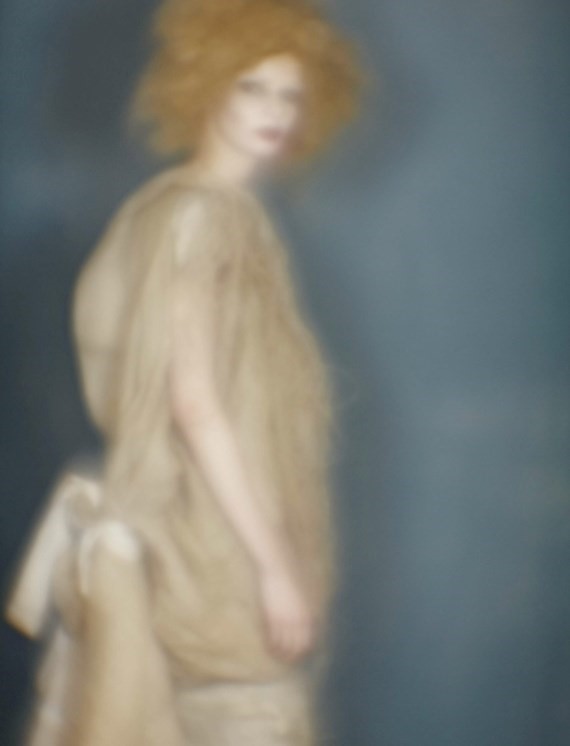
You use references from many different fields in order to engage with fashion. How do you see the relation between all these fields and fashion itself?
As a fashion journalist, I very much see myself as a translator. And I don’t believe in the idea that a translator is an empty conduit, just a channel from one language to another. As with translation, fashion criticism comes down to personal interpretation. I use food as an analogy with fashion, a lot: I don’t think many people would do that. When I am writing, I am offering an opinion – my opinion, with my references. The French notion of fashion as part of the art of living is very important: the idea that what you eat, what you have on the walls, what you wear, is all significant. You can analyse them all with the same set of references.
You are renowned for your wit. Is fashion taken too seriously?
Most things are taken too seriously. Fashion definitely takes itself too seriously. A lot of the time, if you can make somebody laugh or engage with something at a level of humour, it will have an impact. If you get to the point succinctly and sharply, then it is much more efficient. I am very aware of that, writing for a newspaper: when somebody outside of fashion can get the message I am trying to convey, then I am successful. Part of my job is to impart that knowledge to other people, to speak to people outside of that 'dialect' of high fashion. Preaching to the converted doesn't interest me that much.
